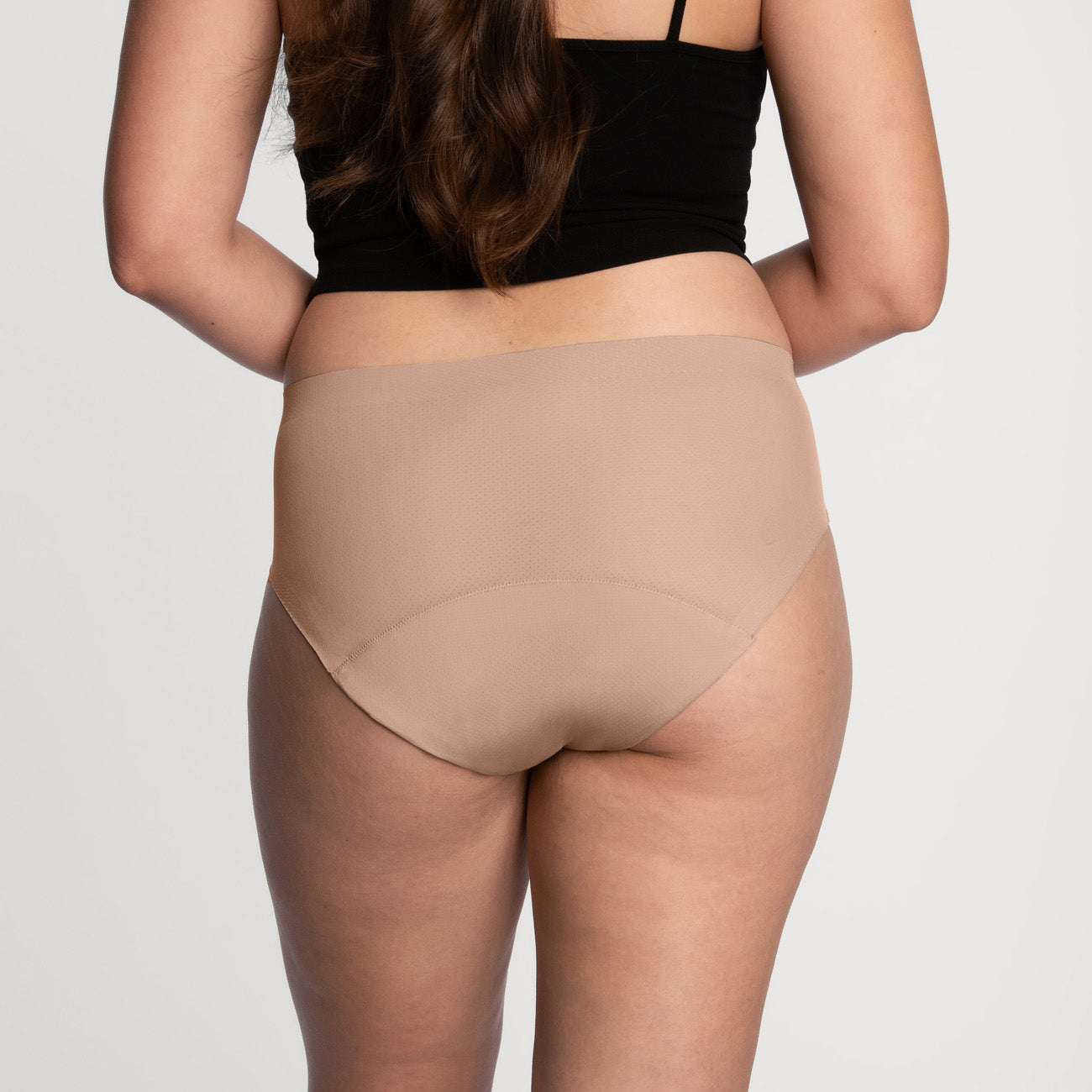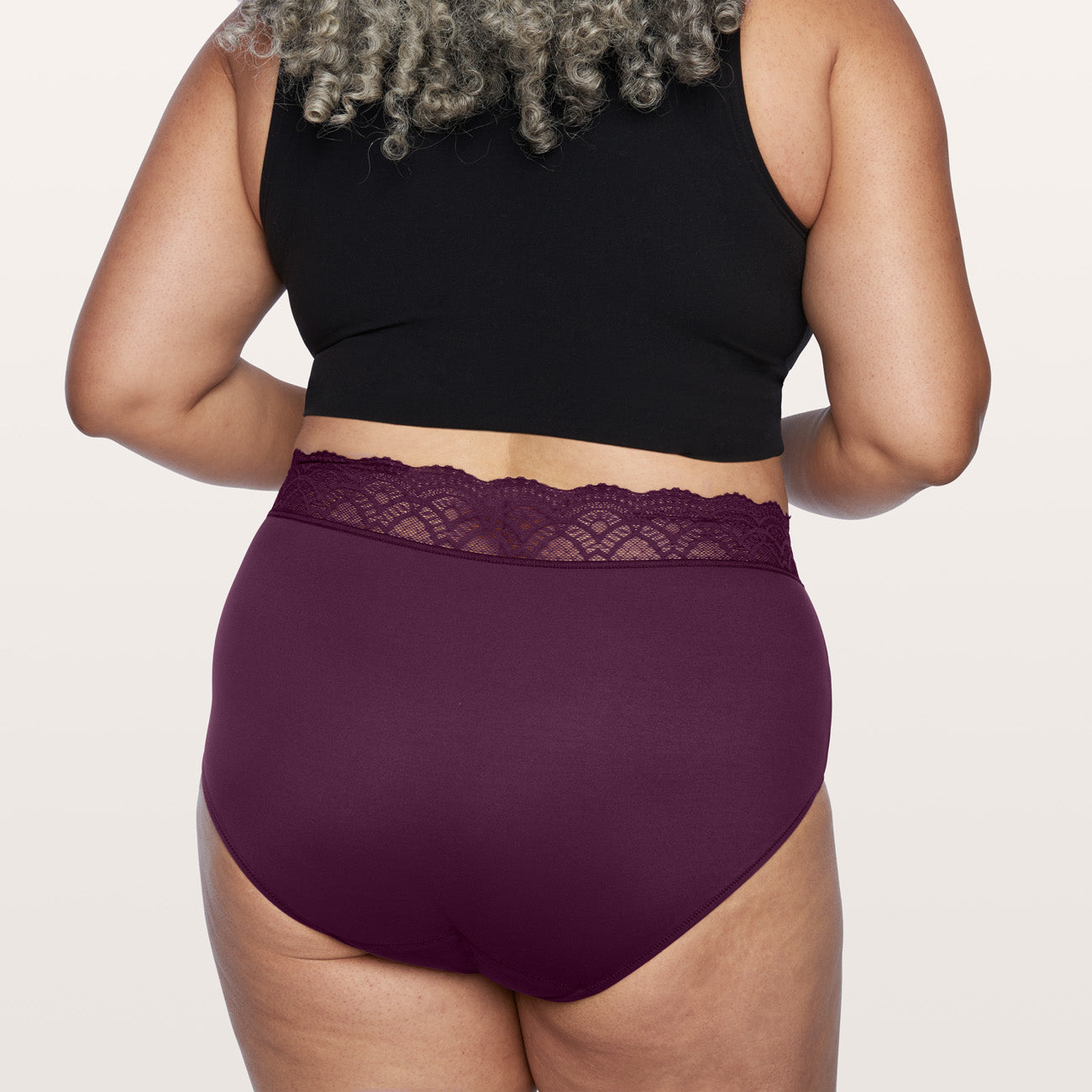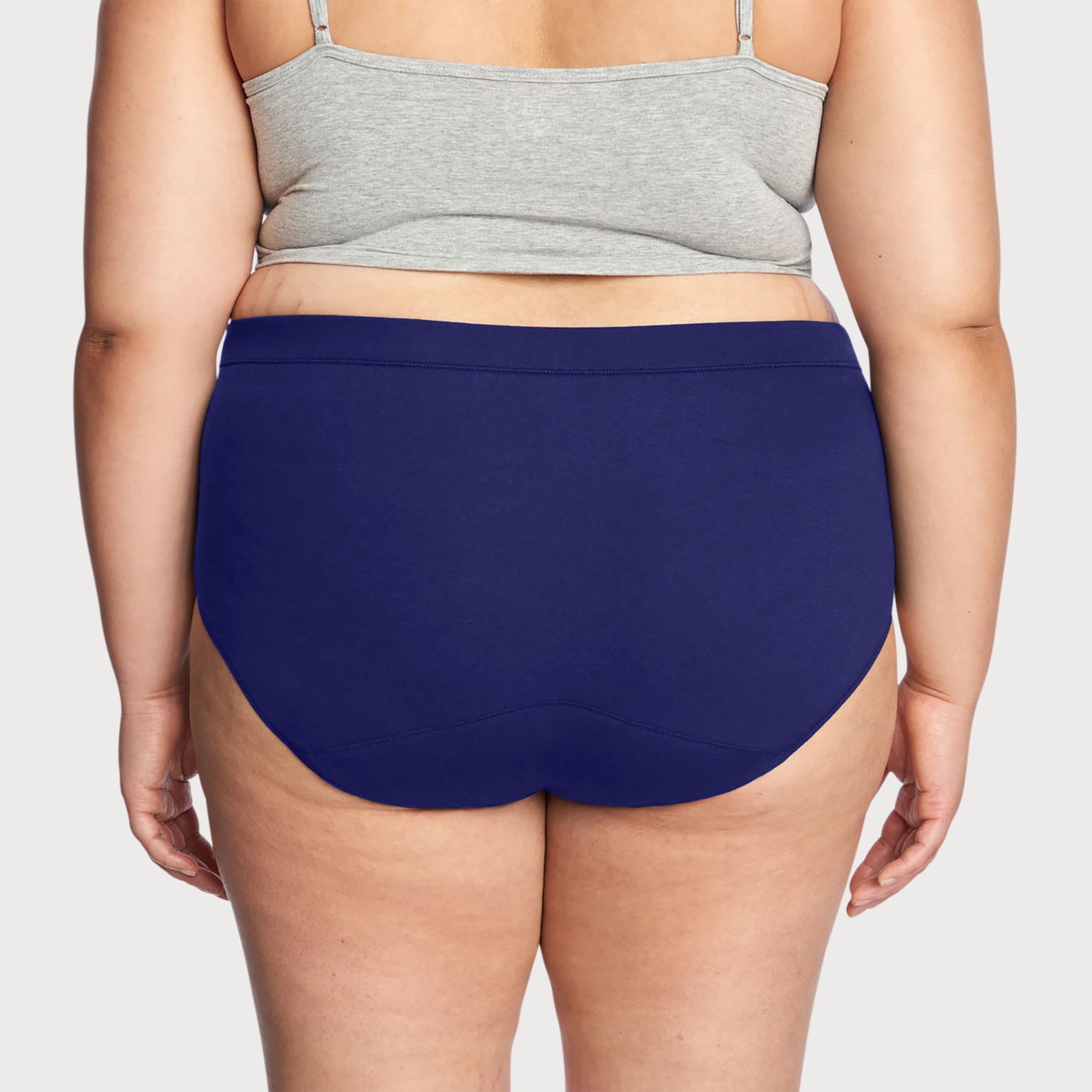Why is My Period so Light?
- Share this article Copy to clipboard

You've probably been there – that moment of confusion when your period seems more like a whisper than a full-blown announcement. A light period can leave you wondering if something's amiss, and it's only natural to seek answers. In this article, we're diving into the world of light periods, exploring potential causes, and answering the question: “Why is my period so light?”
For many people, periods are a rhythm that you've grown accustomed to, a signal that your body is doing its thing. When your period decides to take a detour and arrive in a lighter fashion, it's bound to raise questions. Is this normal? What is a normal period cycle, anyway? Should I be concerned? These are valid questions, and understanding the nuances of light periods is the first step in navigating this aspect of your reproductive journey.
Let’s explore the potential triggers behind a light period, from hormonal fluctuations to lifestyle factors. We'll discuss when a lighter flow might signal a need for further investigation and when it's simply a natural variation in your menstrual cycle.
what constitutes a “light” flow
So, what exactly qualifies as a light period? Picture this scenario: instead of your usual menstrual flow, it's more like a brief, passing visit. You might observe lighter, shorter-lived bleeding that scarcely fills a pad or tampon. It's like your period is barely making its presence felt.
is it normal to have a light period?
The short answer: yes, it can be. Your menstrual cycle is a highly individual process, subject to a range of influences. Just like how no two fingerprints are alike, no two periods are identical. They can fluctuate in intensity, duration, and flow from one month to the next.
potential causes of a light period
Now, let's get to the heart of the matter – what could be causing your period to be lighter than your norm? It's a multifaceted puzzle, with several contributing factors. Here are a couple of potential reasons behind this variation:
1. hormonal shifts and imbalances: Variations in estrogen and progesterone levels can influence the thickness of your uterine lining, affecting the intensity of your period. When these hormones are not in perfect harmony, it can lead to a lighter flow.
2. stress as a game-changer: Stress can exert a significant influence on your menstrual cycle. High-stress levels can disrupt the delicate hormonal balance needed for a regular period, potentially resulting in a lighter flow. Your body interprets stress as a signal to conserve energy, which can affect the usual menstrual shedding process.
3. impact of birth control methods: If you're using hormonal birth control methods like the pill, patch, or hormonal IUD, they can alter the dynamics of your menstrual cycle. These methods can lead to a lighter flow as they regulate hormonal levels and thin the uterine lining, reducing the amount of blood that is shed during menstruation.
4. polycystic ovary syndrome (PCOS): PCOS is a complex hormonal condition that affects many aspects of reproductive health. One common manifestation is irregular periods, which can range from heavy to light or even absent. Understanding and managing PCOS is important for maintaining a healthy menstrual cycle.
5. perimenopause: As you approach menopause, your body undergoes significant hormonal shifts. This transitional phase, known as perimenopause, can lead to changes in menstrual flow. It's not uncommon for periods to become lighter during this stage.
6. intense exercise: Engaging in rigorous physical activity or competitive sports can affect your menstrual cycle. Intense exercise can lead to alterations in hormonal levels, potentially resulting in a lighter flow. Balancing exercise routines with self-care practices is key to a healthy menstrual cycle.
7. age and puberty: In the early stages of menstruation, it's common for periods to be lighter and irregular. This is especially true for those who have recently begun menstruating. The body is still adjusting to its reproductive cycle, and this can result in lighter flows.
Understanding some of the factors that can contribute to a light period empowers you to take charge of your reproductive health. While occasional variations are normal, consistent changes or concerning symptoms warrant professional advice. Your menstrual cycle is a unique aspect of your overall health, and paying attention to these signals is an important step in maintaining your well-being.
managing light periods with Thinx
Light period flows, while often dismissed, are indeed a normal thing. Whether it's due to hormonal fluctuations, stress, or just the universe throwing you a curveball, Thinx is here to back you up. With our period underwear, you can get through those lighter days with extra protection and peace of mind. We've got your back with our light absorbency and lightest absorbency underwear styles. Let's embrace the beauty of light flows, and remember, it's all part of the incredible journey of being you.
sources
Orlandohealth.com. Spotting vs. Periods: What’s the Difference? www.orlandohealth.com/content-hub/spotting-vs-periods
MedicineNet. Spotting vs. Period: 12 Differences of Symptoms & Signs. www.medicinenet.com/spotting_vs_period_differences/article.htm
Grace Health. Light Periods-Why You Are Bleeding Less. https://www.grace.health/post/light-periods-why-you-are-bleeding-less


















